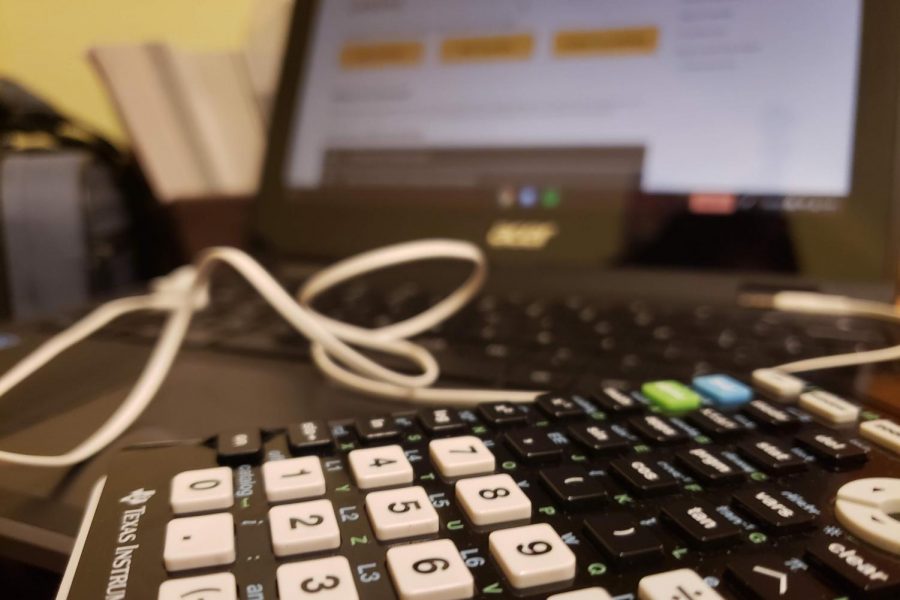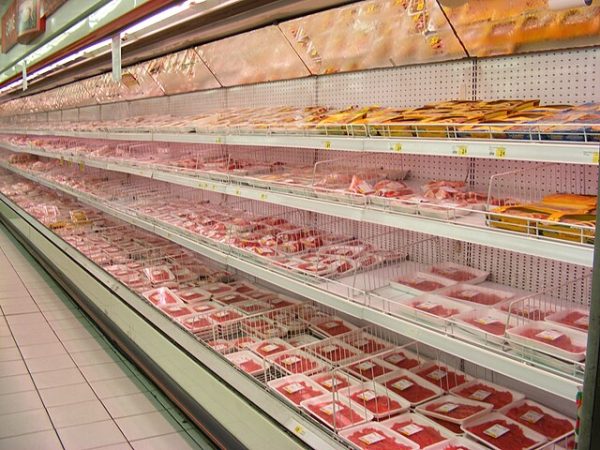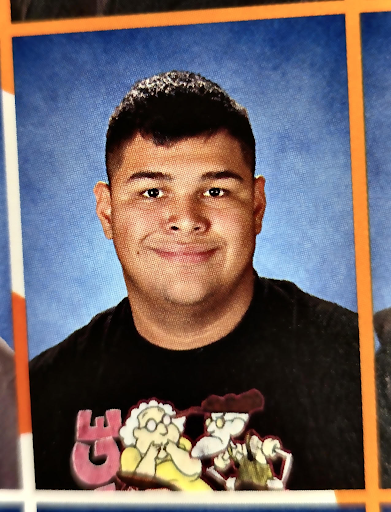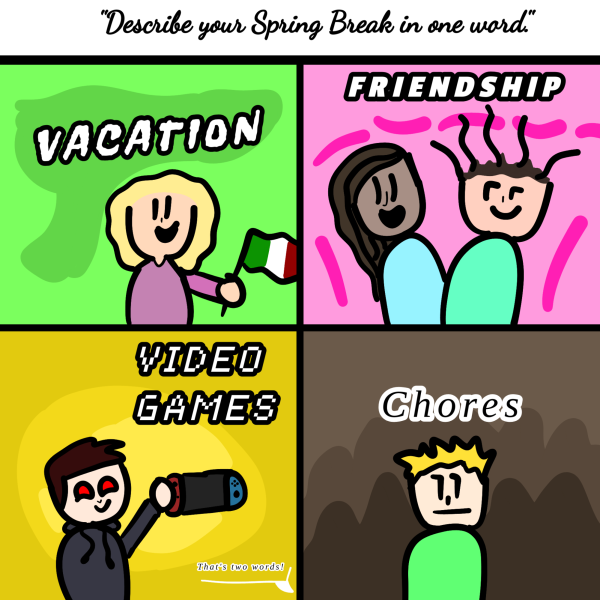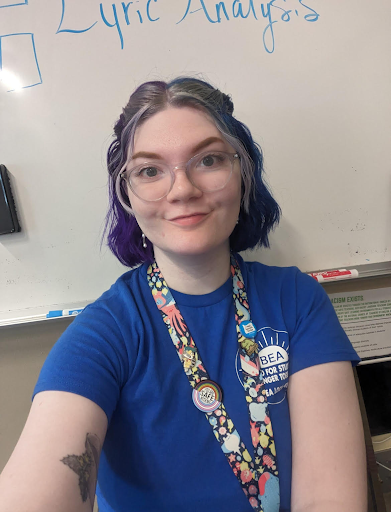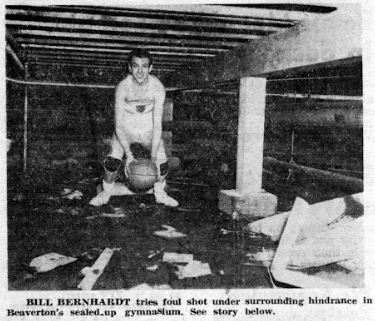Coming out of CDL, students reflect on academics and mental health
As students return to a more normal school environment, many have taken the time to reflect upon their experiences in online school.
COVID-19 has significantly impacted students as it shut down a core part of their lives: in-person school. In 2020, facing rising case numbers, the Beaverton School District implemented a new, online model: Comprehensive Distance Learning, or CDL.
This year, as things return to normal, students have begun to reflect on their experience, generating a wealth of feedback should the need to learn from home arise again.
Given the new environment last year, school staff seemed to focus on students’ academic performance compared to years prior. And for many students, grades fluctuated in CDL. Some said it was for the better.
“Being in my home really helped me to concentrate and feel comfortable. And because all the material was posted in Canvas for us, I was able to complete my work on my own time and leave class and relax when I finished,” said freshman Selah Evans.
Others enjoyed the increased flexibility with deadlines. Daniel Del Cid Paxtor, a junior, said, “The teachers gave us more time to turn in assignments and it made it easier to take our time on them and not stress out.”
Although the online learning environment had its perks, that was not the case for everybody.
“All of my grades went down since it wasn’t the same,” said freshman Alec Soriano Sanchez. “It was harder to learn through a computer and not in-person.”
For some, completing schoolwork in an online environment was overwhelming.
“I reached my limit three months in, but kept pushing myself to stay on top of my work so much so that I reached the point of extreme burnout,” said junior Karina Bransfield, who unsuccessfully experimented with online learning in fifth grade. “I’ve never experienced the amount of crippling stress that I did during CDL before in my life.”
Students’ mental health was affected by in-person school being shut down: 50% of people who responded to a survey from The Hummer said their mental health struggled during the lockdown. A majority of respondents blamed the lack of social interaction.
“I didn’t want to do anything. I missed my friends and I hated having to stay inside all day,” said freshman Audrey Drolet.
This isolation impacted some students’ grades as it made communication difficult, even through daily class Zoom meetings.
“There was zero actual collaboration between students and teachers,” said junior Ryan Clarke. “There would have been the occasional private message or one-on-one chat, but when we were put in breakout rooms, no one participated and it made doing any group work near impossible.”
Throughout the year, it was common to hear teachers asking students to turn their cameras on in hopes of improving class connections. But even for those more socially inclined, CDL posed challenges.
“I was one of the few that turned their camera on, but I was still disconnected from all the people in my class unless I knew them prior. Yet even then I never really talked to them,” said freshman Eloise Dick. “The only class that I felt connected with them was science, mainly just because my teacher was really good at getting us to all participate.”
The pandemic also removed structure from students’ lives. According to freshman Kelsey Stover, each day was the same, making it difficult to stay motivated.
Beyond online learning, students faced mental health struggles and difficult family situations—even deaths—that made it hard to focus on school.
On the other hand, some students benefited from CDL.
“As students, we had to recognize that the teachers were also struggling with the pandemic, and knowing that we were all in this mutual state where we just didn’t know what was going to happen—it relieved some pressure from both ends knowing that we were going through the same thing,” said junior Yaynel Baptista
Some students said that being in their homes helped improve their overall well-being. Junior Sabrina Flores, for one, found that her mental health struggles decreased.
“I was able to get better sleep and my anxiety went down since I was in the comfort of my own home,” she said.
Part of the community was more productive during CDL, though they were in the minority—only 7% said they felt more productive during in-person learning, compared to 78% who either agreed or strongly agreed to the same statement. 15% said they felt neutral about the topic.
Despite this decrease in productivity, students were better able to get the eight to ten hours of sleep recommended for teenagers. And with fewer after-school activities, students had the time to focus on not only schoolwork, but their hobbies.
Coming out of CDL, some students have gained skills they can take into this year. For Bransfield, learning to stay on top of her assignments and avoid procrastinating has yielded her best academic performance thus far. Moving forward, she plans to use resources available to her in person to continue this upward trend.
“CDL took away things I took for granted before,” she said, listing communication with teachers, peer-to-peer relationships, and the school environment of in-person learning. “Now that I recognize how beneficial those things are to me and my learning process, I am able to really utilize them more than I have previous years, and that has helped me immensely.”
There were many ups and downs throughout this past year: students were able to take more time for themselves but at the cost of social interactions. With the pressure and uncertainty that has gripped everyone for the last year and a half, most students say that it’s good to be back.
In the holiday spirit, quarantine and distance learning will not be on anyone’s wish list this year.
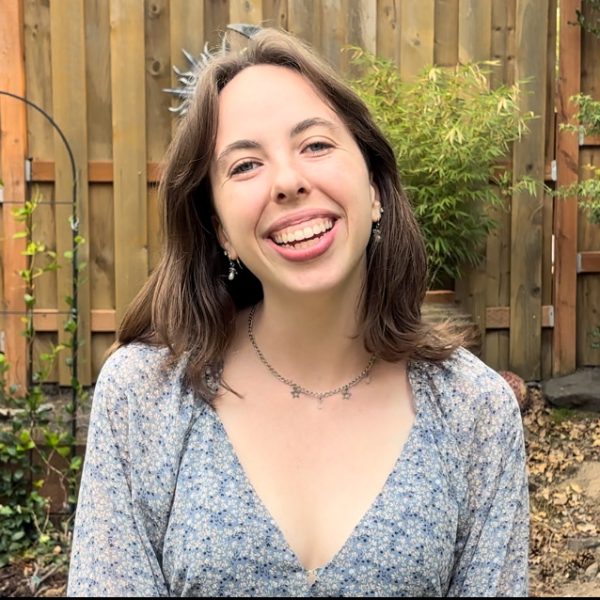
Natalie is a senior and Staff Writer/ Social Media Editor for The Hummer. In her spare time, she enjoys hiking, baking, and hanging out with friends.
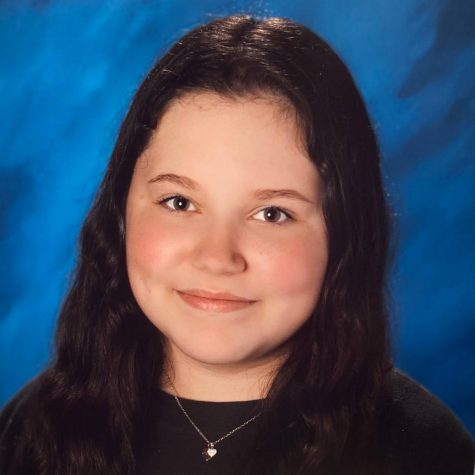
Samantha is a freshman at Beaverton who enjoys writing about world events. She has four cats.

